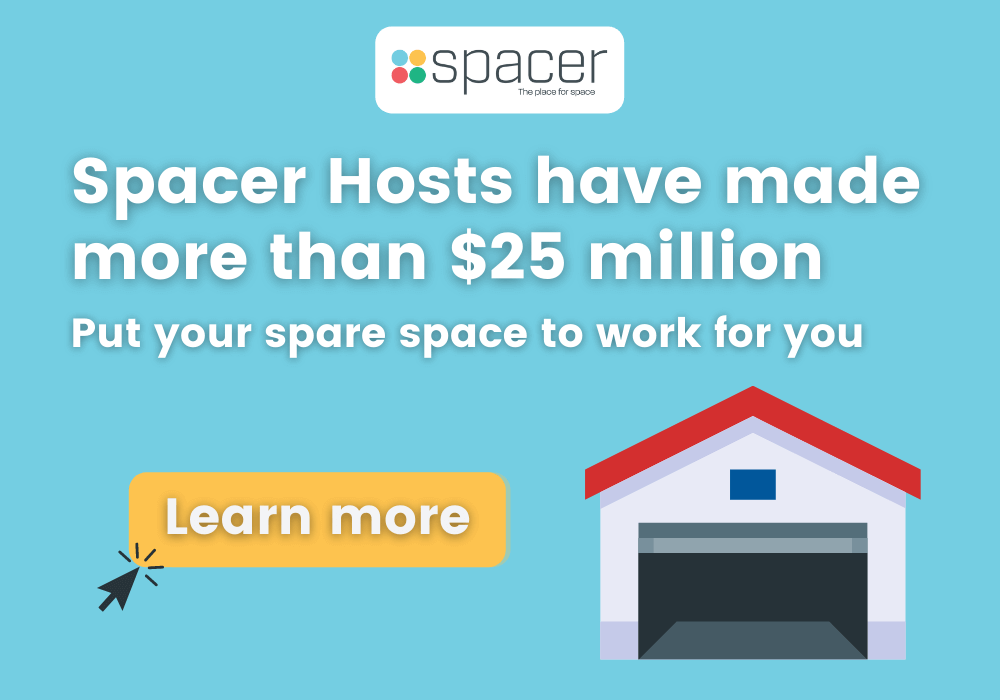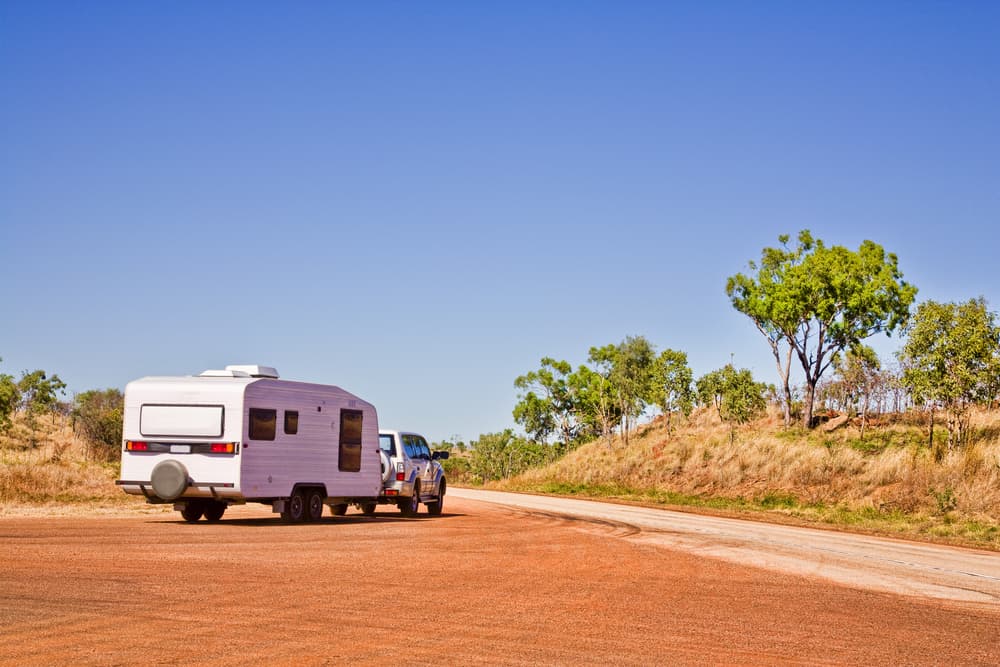Making the Sharing Economy work for you and your business
Making the Sharing Economy work for you and your business
We are witnessing a seismic shift in acceptance of the so-called sharing economy as brands such as Uber, Airbnb and Airtasker become household names. This blog examines the rise of sharing marketplaces, and how you and your business can make or save money as a participant in this sector.
2015 was the year that the sharing economy truly arrived in Australia. For small business owners shared resources has created the rise of “micro-entrepreneurs” and ancillary revenue and savings opportunities previously unheard of. In the past year:
- Uber was legalised in both the ACT & NSW and now has more drivers in Sydney than there are taxi drivers;
- AirBnB grew 100% to over 50,000 properties across Australia, and is expected to grow to 100,000 in 2016;
- Over 50 new start-ups were created in the sharing economy, ranging across such diverse segments as valuable art marketplaces to dog sitting services; and
- The Federal and State governments delivered policy papers, supporting the use of collaborative services in line with Turnbull’s Innovation Nation strategy.
Why is this happening?
- Technology, environmental and cost concerns are the key contributing factors. Culturally, there is a shift in thinking in which individuals are interested in experiences over things and immediacy over security. Modern consumers want convenience, flexibility and customized services on demand. Consumers are able to do more with less by sharing or exchanging items instead of buying new ones without the capital costs & maintenance burden of ownership.
- As p2p services continue to broaden, everyday behaviour is shifting towards hyper local, personalised services e.g. local pet sitting or babysitting marketplaces. Ironically, the global delivery platform (internet) is driving greater local community interaction in a culture where knowing our neighbours has disappeared.
- The other key factor is trust. Confidence in sharing has now been established by Uber and AirBnB, with new participants piggybacking off their established reputations. An increasing awareness of the global footprint that follows unnecessary production encourages people to change the way they fulfill their needs. Our experience at Spacer is that on top of commercial benefits, hosts feel a strong sense of community benefit from sharing, an interesting motivator for sharing economy participants.
Why it is important for small (and large) business to embrace the sharing economy
Although currently dominated by peer2peer, we are increasingly seeing the next generation of marketplaces present business to peer (B2P) and business to business offerings (B2B). In an increasingly competitive economy, sharing resources allows businesses to pay only for what they need, turning fixed costs like rent, and staff into variable costs or alternatively to generate stronger return on assets through higher utilisation.
For any small business, there are a number of reasons to embrace and actively engage in collaborative consumption at a B2P and B2B level:
- To reach a captive customer base and lower direct acquisition costs: As all SME owners know, typically the largest cost to run a business is marketing to reach a target audience. Marketplace platforms are designed to match supply with demand, bypassing the marketing “leakage” to acquire a customer. Lower acquisition costs provide better margin for suppliers, which manifests in cheaper prices for consumers.
- To develop or enhance a digital presence – online and app based delivery mechanisms: For older generation SMEs who missed the dotcom boom, online marketplaces are a great way to build or enhance an online presence, at low cost without having to build their own app or E-Com platforms. Sharing platforms are the modern day classifieds or yellow pages and the halo effect of creating brand awareness in front of a captive target audience is invaluable.
- Low touch passive income stream – one of the key value propositions that sharing platforms provide is the management and guarantee of payment services bundled into a single monthly payment. For businesses using B2P platforms, the operational requirements are low touch, low effort and generate passive income stream to support other parts of the business.
So, how can you make or save money as an individual or small business – some examples
- Make money out of your space (Spacer Marketplaces www.spacer.com.au): Spacer provides a marketplace where you can list and rent out your spare room, garage, car port or yard to people looking for convenient storage space to park their car, boat, or store personal or business items securely. Hosts can make passive income upward of $3k per annum; Renters find convenient accessible storage at 50% the cost of traditional providers.
- Find an Office or Desk short term: If you run a small business and need a mobile desk or office solution for a day, there are a number of very short term rental options available on websites such as Creative Spaces (www.creativespaces.net.au) or DesksNearMe (https://desksnear.me/) which can provide short term working space solutions.
- Need a specific task completed: Running a small business by yourself is hard and there a not enough hours in the day to get everything done. You can list a specialist job on marketplaces such as Airtasker (www.airtasker.com.au) or TaskRabbit , set your price and find someone immediately to complete a task you need done. If the job is more technically specific, e.g. design or technical you can always go to a specialist provider such as 99designs (www.99designs.com.au) or Freelancer (www.freelancer.com)
- Become a specialist service provider to the industry: As the sharing economy grows, so too does the requirement for professional services and products to support the sector. As with any emerging sector, the number of specialist technology Software as a service (SAAS), insurance and legal providers pitching themselves as “sharing economy” experts increases and opportunities abound in this area.










